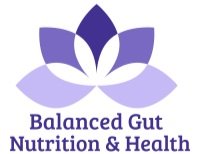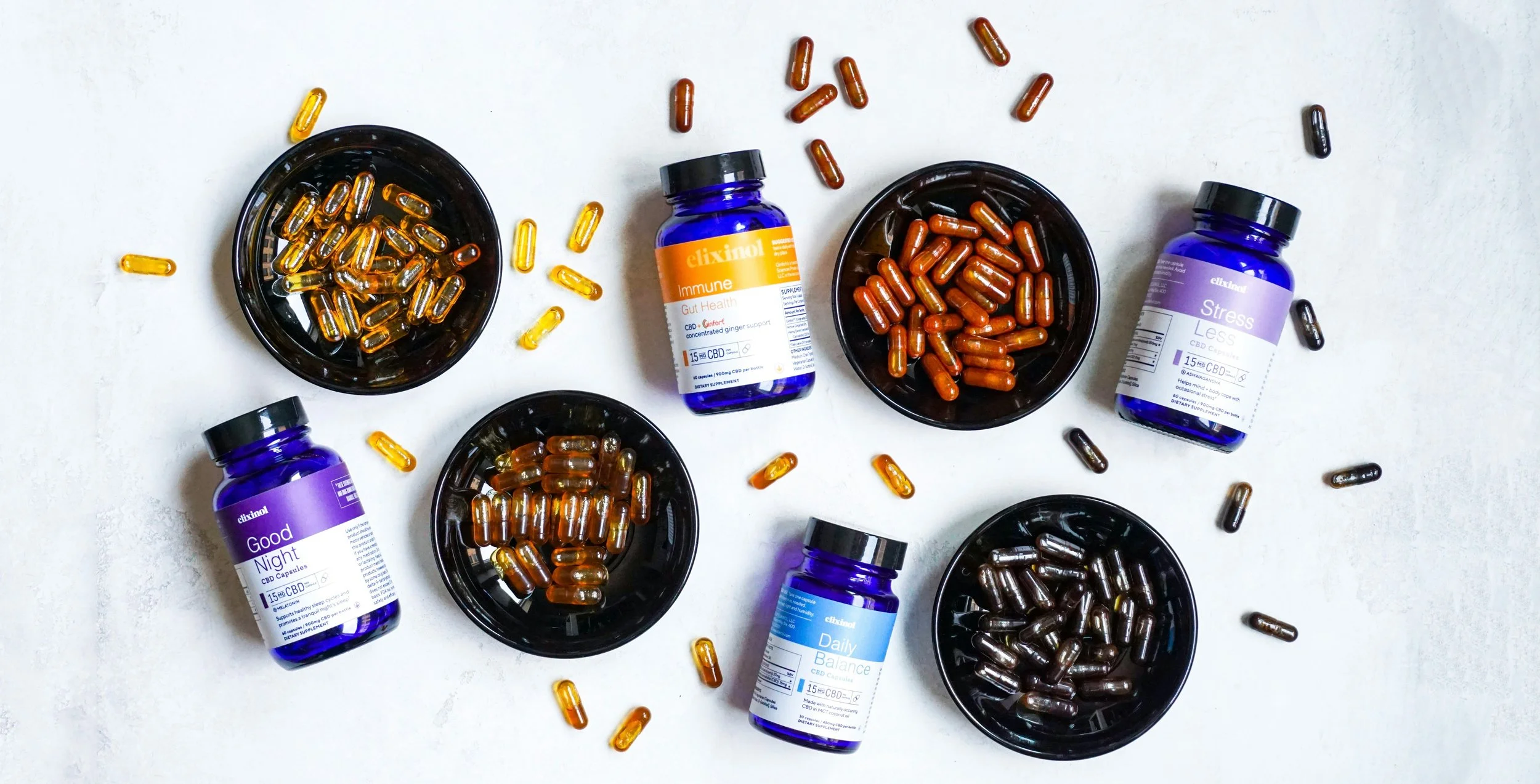Debunking Fatty15: What the Science Says About C15:0
If you’ve been on social media lately, chances are you’ve seen ads for Fatty15 claiming to be the next big thing in health and longevity - to me, it’s another day and yet another ‘miracle’ supplement making headlines. If you’re not familiar with it, Fatty15 is a supplement centered around a saturated fatty acid called C15:0 (pentadecanoic acid). It's being marketed as a “new essential fatty acid” that can reverse aging, improve cellular function, and reduce inflammation. Sounds amazing…and also like most of the other products I’ve debunked this year.
It seems like Fatty15 is in the middle of a marketing blitz, so let’s dive into what it is, what it claims, and what the science actually shows (and doesn’t show) about this “miracle” supplement and the saturated fat it’s based on, so you can make a more informed decision on this product yourself.
What is Fatty15 + Where Does it Come From?
The Fatty15 story starts with dolphins. The founder of Fatty15 (Dr. Stephanie Venn-Watson) is a veterinary epidemiologist who was studying dolphins and noted correlations between lower levels of C15:0 (pentadecanoic acid) - a saturated fatty acid found mostly in whole-fat dairy, fish, and some plants - and an increase in chronic disease (in the dolphins). Increasing the dolphin’s intake of C15:0 improved their health. This led her to the idea that C15:0 might be important for metabolic health in humans too.
I love that discovery for dolphins…but that leap to humans for sure got my spidey sense up. It turns out, it’s raised concerns in the nutrition and scientific communities as well.
Let's look at the top four red flags.
Red Flag #1:
Insufficient Independent Human Research
The primary studies cited to support Fatty15’s benefits (1, 2, 3) were conducted by and/or funded by the company behind Fatty15. As I mentioned in last month’s Influencer newsletter, you want to see independent, human research.
The first linked study was conducted in petri dishes, and the second linked study combined data from mice and petri dishes. Enough said there.
The third linked study, conducted in humans, is also funded by Fatty15. However, it had a minimal sample size of 30 participants between 18 and 25 years old and lasted only 12 weeks.
As I mentioned in last month’s newsletter, in most cases, we want to see 100+ participants to be making sweeping claims like the ones on the Fatty15 website. By the way, studying a small group of 18-25 year-olds for 12 weeks doesn’t exactly translate to the 40+ year-olds they heavily market to for their “anti-aging miracle.”
The company promotes its liver-supporting effects, but neglects to mention that no significant cardiovascular changes were observed during their study - the only area where C15:0 has shown consistent benefits in humans in independent research.
Red Flag #2:
Misrepresentation of Data in Existing Research
Fatty15 is taking some interesting liberties with the general research on C15:0 that existed before they created their product - to be clear, C15:0 is not new to the scientific or nutritional community (more on that in a bit).
They often cite studies - such as this one - showing health benefits including reduced risk of cardiovascular disease from dairy-derived C15:0...without clarifying that these findings come from dietary intake of whole-fat dairy, not isolated supplements.
Here’s the key issue: Fatty15 isn’t made from dairy...it’s lab-made by modifying plant-based saturated fats to create a synthetic version of C15:0. So using data from studies on dairy consumption to back a synthetic supplement from altered plant molecules isn’t remotely close to an apples-to-apples comparison. (This misrepresentation, in particular, gives me the ick.)
Even more telling of their data misrepresentation…they reference this study to show the cardiovascular benefits of C15:0…but what they don’t mention is that that same paper shows similar cardiovascular benefits from other fatty acids - DHA (an omega-3) and GLA (an omega-6). But somehow, C15:0 is uniquely responsible?
The way they cherry-pick and misrepresent the data to promote their product is like claiming sprinkles are what make cupcakes delicious - while ignoring the frosting, cake, and everything else that makes the whole thing work - and using entirely different recipes to begin with.
Selectively presenting data this way can mislead the public into thinking the science is stronger than it actually is and distorts how nutrition actually works.
Red Flag #3:
C15:0 is Not an Essential Fatty Acid
Fatty15 claims to be a “newly-discovered essential fatty acid.” Bold statement.
Here’s the thing: No medical body or government entity believes that C15:0 is essential or something we must get from diet or supplements. To be considered “essential,” it has to be a nutrient that must be required for normal body function, which either the body can’t make itself or make in amounts adequate to support health, and therefore must be provided by the diet.
TLDR: Aside from Fatty15’s founder making this claim and using her company's research to support this, no independent, validated research supports this.
This 2024 article shows that research is in the works assessing whether C15:0 fits that criteria, but it ultimately concludes that studies into deficiency are needed to better understand its essentiality
Inaccurate Claims of “Superiority” to Omega-3s
This one really makes me scratch my head and honestly feels more like “punching down” marketing than anything else.
Fatty15 dedicates an entire page to claiming its superiority to omega-3s - an actual essential fatty acid with decades of research behind it. Sure, I get wanting to stand out in a crowded market - but this isn’t a competition.
Comparing C15:0 to omega-3s is like pitting B-vitamins against each other - you wouldn't do it because we need all our B-vitamins, just like we need a variety of fats to support different functions in the body - one isn’t inherently “better" and it frankly doesn't even make sense to compare them.
Putting C15:0 on a pedestal feels more like manipulative marketing overreach than meaningful science.
What Does the Research on C15:0 Actually Support?
C15:0 itself (not Fatty15) has a solid body of human, independent research showing general health-promoting benefits, particularly cardiovascular benefits when consumed from dairy. The research goes back a few decades, too.
However, the takeaway from the majority of that research is that dairy fats contribute positively to our health, and we don’t have a lot of evidence supporting the benefits of isolating C15:0 alone, especially synthetically-produced C15:0 for the "low" price of $50/month on a subscription model.
And as a reminder, dairy fats don’t just have C15:0 - they have omega 3’s, omega 6’s, other vitamins + minerals…so again, it’s about the larger picture.
What we lack is independent human research on Fatty15’s claims of “reversing aging” and “improving cellular function,” which are based on animal studies and/or petri dish studies.
And as for the frequently parroted selling point about the U.S. Navy backing their product and being involved in their research? (P.S. The founder's husband is a U.S. Navy physician.) The Navy backed the science around C15:0 in dolphins - not humans - big difference that conveniently gets left out of influencer promotions.
Is it Safe?
Fatty15 has GRAS status (“Generally Recognized as Safe”) - which mostly applies to food additives, meaning this product doesn’t have any added chemicals known to cause harm. It's manufactured in accordance with the FDA’s current Good Manufacturing Practices (cGMPs), which help ensure quality and safety.
Those are good “first-steps,” but I - personally/ professionally - won’t use or recommend it to clients until I see independent, human clinical trials showing its efficacy and safety in longer-term use.
The Bottom Line
I really try to provide you with balanced views of whatever I’m debunking in my blog posts. Unfortunately, the prevalence of misinformation, disinformation, and data cherry-picking in Fatty15 made it challenging and, frankly, morally and ethically unsettling.
You’ve heard me say this in prior blog posts: if a supplement claims to be a magic pill to cure all your ills, it’s likely too good to be true. And when the evidence comes mainly from petri dishes, animal studies, or cherry-picked data, it’s wise to pause.
There’s nothing wrong with being curious or hopeful about new wellness tools - I absolutely get the appeal, and these companies are great at selling themselves.
So keep asking me about these things as they pop up, and I’ll keep researching to help you stay grounded in what’s real, evidence-based, and meaningful for your long-term health.
If you’re interested in learning more about the science behind the debunking of Fatty15, this podcast episode features a scientist/researcher with over 30 years of experience studying fatty acids; it’s a little less than an hour long.

